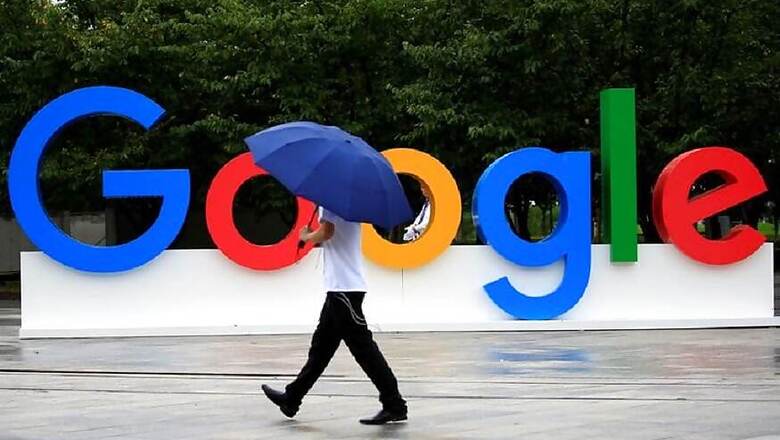
views
Google said on September 25 that it will not pay European media outlets for using their articles, pictures and videos in its searches in France, in a move that will undercut a new EU copyright law. The tech giant said it would only display content in its search engine results and on Google News from media groups who had given their permission for it to be used for free. The announcement, which will result in free content gaining higher visibility, comes after France became the first EU country to adopt the bloc's wide-ranging copyright reform in July. The legislation is aimed at ensuring media firms are paid for original content displayed by Google, Facebook and other technology giants, which dominate the online advertising market. The new rules create "neighbouring rights" to ensure a form of copyright protection, and compensation, for media firms when their content is used on other websites such as search engines.
Richard Gingras, Google's vice president for news, told journalists in Paris that a Europe-based news publisher would have to decide if it would allow Google to show "snippets" of content or thumbnail images alongside search results in France. If they accept, publishers will not receive any compensation from Google, he said. But if they don't, only a headline and a bare link to their content will appear in the results, resulting in a loss of visibility for the publisher. The move is a major blow to media organisations who have seen their advertising revenues gobbled up by Google, Facebook and other US Internet companies. Refusing to allow Google permission could sharply reduce online audiences since Internet users are more likely to click on results containing excerpts and images.
The new EU directive was passed last March amid fierce resistance from tech companies which generate huge profits from the advertising shown alongside search results and other content they host. Google had warned after the European Parliament vote that the change would "lead to legal uncertainty and will hurt Europe's creative and digital economies." Critics also said the reform would effectively create a "link tax" that would restrict Internet discourse, and did not strike the best balance between the free circulation of information and copyright protection. News publishers, including AFP, countered that the changes were urgently needed to help them cope with plummeting revenues as their readers migrated online from traditional media outlets.



















Comments
0 comment